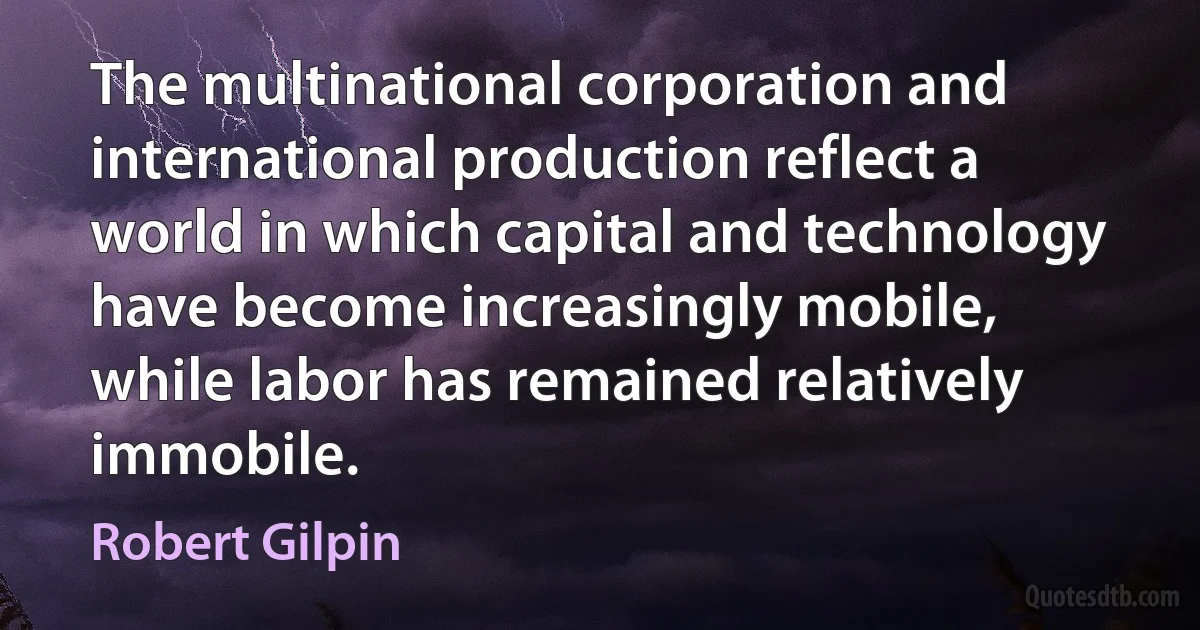Labor Quotes - page 25
Often I think of that excellent painter Monticelli,... when I come back myself from the mental labor of balancing the six essential colors.... sheer work and calculation, with one's mind utterly on the stretch, like an actor on the stage in a difficult part, with a hundred things at once to think of in a single half-hour.
Don't think that I would artificially keep up a feverish condition, but do understand that I am in the midst of a complicated calculation which results in quick succession in canvases quickly executed, but calculated long beforehand. So now, when anyone says that such and such is done too quickly, you can reply that they have looked at it too quickly.

Vincent van Gogh
I guess it was the big plane crash picture [why Warhol started his 'Death'-series], the front page of a newspaper: '129 DIED'. I was also painting the Marilyns [the Marylin Monroe portraits, Warhol started after her tragic death in 1962] I realized that everything I was doing must have been Death. It was Christmas or Labor Day - a holiday - and every time that you turned on the radio they said something like '4 millions are going to die'. That started it. But when you see a gruesome picture over and over again, it doesn't really have any effect.

Andy Warhol
This is a good day for the world's children. Children who today have no right to their own childhood, to education, to personal inviolability, have with these two representatives, these prize winners, got a voice both for the right to education - particularly for girls - and against unfair and exploitative child labor.

Angela Merkel
Socialism means power, power, and more power. Thoughts and schemes are nothing without power. The path to power has already been mapped: the valuable elements of German labor in union with the best representatives of the Old Prussian state idea, both groups determined to build a strictly socialist state to democratize our nation in the Prussian manner; both forged into a unit by the same sense of duty, by the awareness of a great obligation, by the will to obey in order to rule, to die in order to win, by the strength to make immense sacrifices in order to accomplish what we were born for, what we are, what could not be without us.

Oswald Spengler
Power, instrument of the collective force, created in society to serve as mediator between capital and labor, has become inescapably enchained to capital and directed against the proletariat. No political reform can resolve this contradiction, since, according to the avowal of politicians themselves, such a reform could only end by giving more energy and expansion to power, and until it had overthrown the hierarchy and dissolved society, power would not be able to attack the prerogatives of monopoly. The problem consists, then, for the working classes, not in capturing, but in defeating both power and monopoly, which would mean to make rise from the bowels of the people, from the depths of labor, a power greater, an action more powerful which would envelop capital and the State and subjugate them.

Pierre-Joseph Proudhon
Collectivism, as we know, does not abolish wages, though it introduces considerable modifications into the existing order of things. It only substitutes the State, that is to say, Representative Government, national or local, for the individual employer of labor. Under Collectivism it is the representatives of the nation, or of the district, and deputies and officials who are to have the control of industry. It is they who reserve to themselves the right of employing the surplus of production - in the interests of all.

Peter Kropotkin
It is evident, as Proudhon has already pointed our, that the smallest attack upon property will bring in its train the complete disorganization of the system based upon private enterprise and wage labor. Society itself will be forced to take production in hand, in its entirety, and to reorganize it to meet the needs of the whole people.

Peter Kropotkin
In order better to grasp the thought of Malthus, let us translate it into philosophical propositions by stripping it of its rhetorical gloss: -
"'"Individual liberty, and property, which is its expression, are economical data; equality and solidarity are not."
"Under this system, each one by himself, each one for himself: labor, like all merchandise, is subject to fluctuation: hence the risks of the proletariat."
"Whoever has neither income nor wages has no right to demand anything of others: his misfortune falls on his own head; in the game of fortune, luck has been against him."
From the point of view of political economy these propositions are irrefutable; and Malthus, who has formulated them with such alarming exactness, is secure against all reproach. From the point of view of the conditions of social science, these same propositions are radically false, and even contradictory.

Pierre-Joseph Proudhon
Laissez-faire capitalism, or anarchocapitalism, is simply the economic form of the libertarian ethic. Laissez-faire capitalism encompasses the notion that men should exchange goods and services, without regulation, solely on the basis of value for value. It recognizes charity and communal enterprises as voluntary versions of this same ethic. Such a system would be straight barter, except for the widely felt need for a division of labor in which men, voluntarily, accept value tokens such as cash and credit. Economically, this system is anarchy, and proudly so.

Karl Hess
We are doing everything possible to give labor this new status of social duty and to link it on the one side with the development of a technology which will create the conditions for greater freedom, and on the other side with voluntary work based on a Marxist appreciation of the fact that man truly reaches a full human condition when he produces without being driven by the physical need to sell his labor as a commodity.

Che Guevara
In the human reality, all existence that spends itself in procuring the prerequisites of existence is thus an "untrue” and unfree existence. Obviously this reflects the not at all ontological condition of a society based on the proposition that freedom is incompatible with the activity of procuring the necessities of life, that this activity is the "natural” function of a specific class, and that cognition of the truth and true existence imply freedom from the entire dimension of such activity. ... Society still is organized in such a way that procuring the necessities of life constitutes the full-time and life-long occupation of specific social classes, which are therefore unfree and prevented from a human existence. In this sense, the classical proposition according to which truth is incompatible with enslavement by socially necessary labor is still valid.

Herbert Marcuse
Within the world of total work, the "festival" is either "a break from work" (and thus only there for the sake of work), or it is a more intensive celebration of the principles of work itself (as in the "Labor Days," and thus belongs, again, to the working world). There will naturally be "games" - like the Roman circences - but who would dignify the amusements for the masses with the name of "festival"?

Josef Pieper
The most serious criticism of EMU is that by abandoning exchange rate adjustments it transfers to the labor market the task of adjusting for competitiveness and relative prices... losses in output and employment (and pressure on the European central bank to inflate) will predominate.

Rudiger Dornbusch



